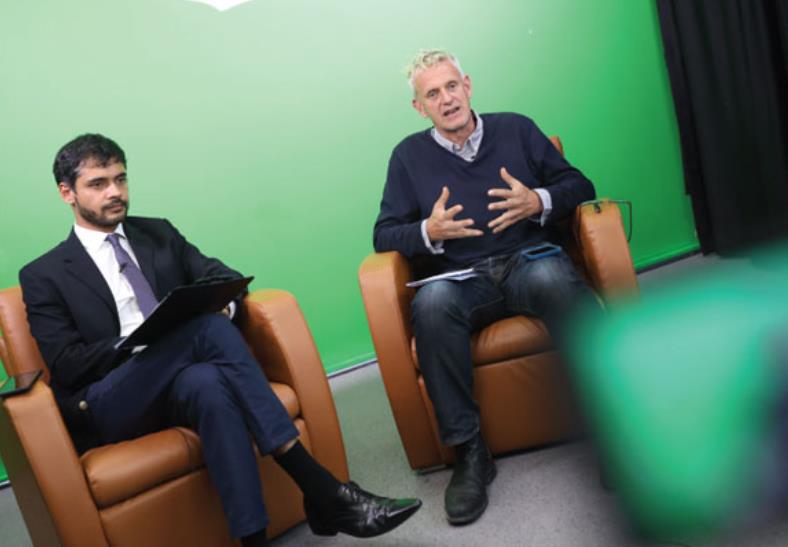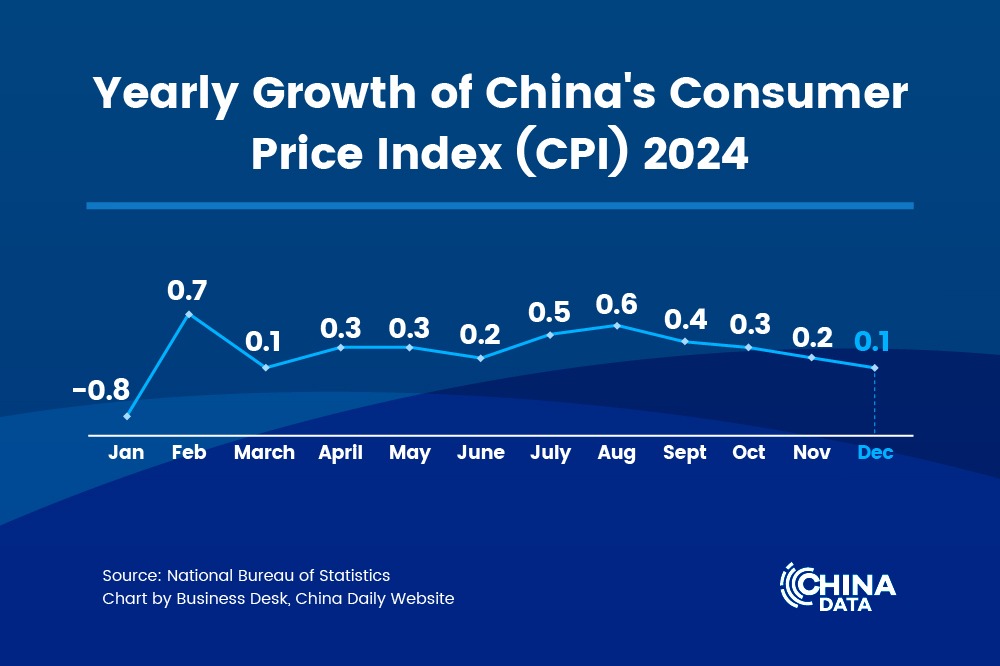Asian media execs focus on sector's transition amid virus


The COVID-19 pandemic has been a transitional time for the content and distribution sides of the media industry and a number of business sectors, but they have faced the challenges well and come out even stronger, according to experts.
At a webinar titled "Asia: Economic and Business 'New Normal' 2022"organized by the China Daily Asia Leadership Roundtable and the Asia News Network, the experts noted that the media industry as well as the logistics, commercial and travel sectors have seen vast and drastic changes during the pandemic.
A panel discussion on Tuesday focused on the topic "New Normal, New Media" and how the media sector adapted to fit the new environment and shifted its business models for the coming new year.
Sonia Awale, executive editor of the Nepali Times, said that many reporters have been at the front lines of the pandemic, which constantly exposed them to the danger of infection.
Apart from the trend of having employees work from home, media companies also had to continue to make the transition from print to digital, Awale said.
She said the Nepali Times used to be a weekly paper but has transitioned to operating as a web service, given the flow of information it has.
D.J. Clark, multimedia director of China Daily Asia Pacific, said the pandemic in some ways has been beneficial for video content, since it has led to more consumption online because of lockdowns.
He said the biggest problem has been on the production side, as they get half of their content outside Hong Kong, but travel restrictions due to the pandemic have meant crews cannot easily travel.
Pana Janviroj, editor of the Asia News Network, highlighted the issue of social media attracting advertising money away from legacy media as people increasingly get news from digital portals.
Janviroj said he hoped innovation can help journalists to be social influencers and to empower the newsroom.
Rupak Kumar Sen, general manager of international business at the Indian Express, said, "Like those who say that data is the new oil, I think they are very much right," adding that the paper has incorporated big data into its marketing strategy.
Muhammad Zubair Ahmed, diplomatic correspondent for the Pakistan Observer, said digitalization is a key word amid the pandemic. Many young journalists possess newer skill sets, newer strategies and fresh ideas, he said.
"At the same time, we are also seeing (young journalists) practicing good journalism, ethical journalism," he said.
At another panel discussion, insiders from the logistics, tourism, fashion and retail industries shared the "street smarts" that enabled them to survive during the pandemic.
They said that while the pandemic has turned most industries on their head, there was a silver lining, as the crisis has prompted businesses to embrace adaptability, flexibility and resilience to transform challenges into opportunities.
The China Daily Asia Leadership Roundtable cooperates with the Asia News Network, an alliance of 23 national media channels in 20 Asian countries in the events.




































